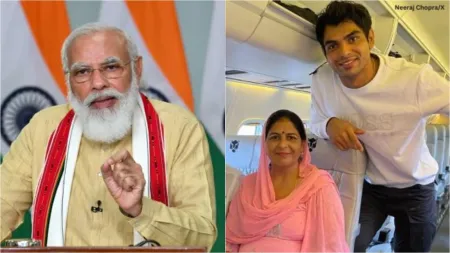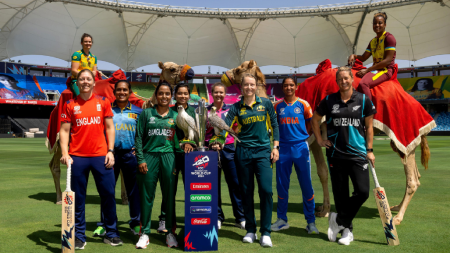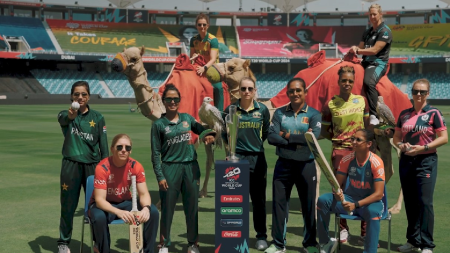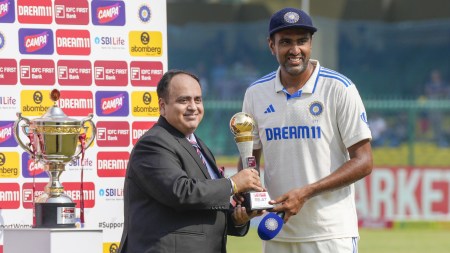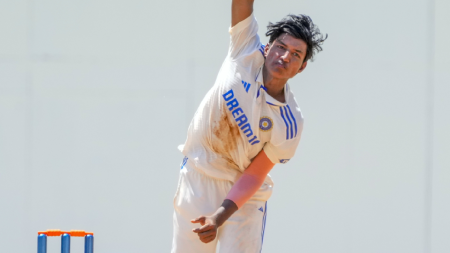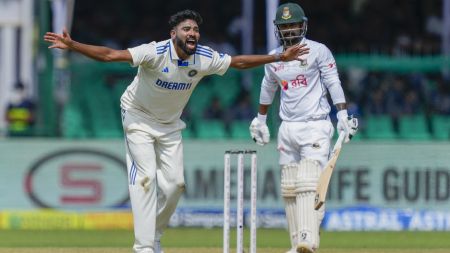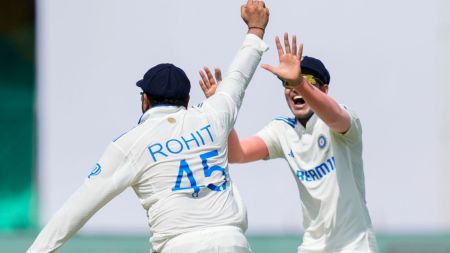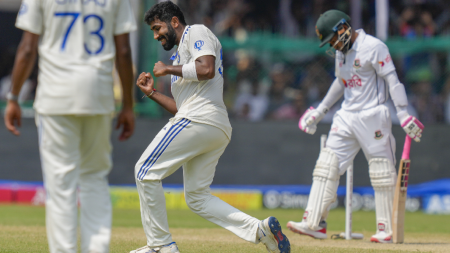It’s been three decades since the world of chess turned its attention to London when Garry Kasparov and Nigel Short fought over the board in the rebel world championship organised by the breakaway Professional Chess Association which split the game into two.
Over the next 10 days, the eyes of the chess world will be trained on the British capital once again with as many as five world champions – including Viswanathan Anand, Magnus Carlsen and Hou Yifan – in action when the second edition of the Global Chess League (GCL) gets underway at the Friends House on Thursday.

Hosting the second edition in the UK is a strategic move, one that emphasises the league’s global ambitions.
“We wanted to bring the GCL to a city which represents the aspirations of the league. This is a city that hosts the world’s biggest sporting events. Not just Indian stars, we will have players from all over the world coming here,” GCL CEO Sameer Pathak says.
The Biggest of the Chess stars are coming back 🙌
Catch them all in action on JioCinema 📺#TheNextMove #TechMGCL #GCLonJioCinema #JioCinemaSports | @FIDE_chess | @tech_mahindra | @MahindraRise | @chesscom | @chesscom_in | @JioCinema pic.twitter.com/AJi2nUcIXq
— Tech Mahindra Global Chess League (@GCLlive) October 2, 2024
The league’s global aspirations are powered by India, with all six teams owned by Indians. Some of the biggest Indian stars like Anand, R Praggnanandhaa, Vidit Gujrathi and Arjun Erigaisi are competing. But the league also boasts of international heavy-hitters like Carlsen, Hikaru Nakamura and Anish Giri.
“India is a very important market for chess, and the growing popularity of chess in India only augurs well for the league and the sport worldwide. The double Olympiad gold has the potential to make the sport explode in popularity,” adds Pathak.
Having the league in London will bring greater local visibility for chess, which has still yet to gain the status of a “sport” in the United Kingdom.
“Chess has a great legacy in the UK and a long tradition. But chess faces a challenge in the UK and some other Western countries since it is not recognised as a sport. It doesn’t have government support, unlike in countries like India, Russia, China and Uzbekistan where chess is not just recognised as a sport but also as part of the culture. That leads to the treatment of chess being different, companies willing to sponsor chess are very limited here compared to other countries,” says Milan Dinic, editor of the British Chess Magazine and GCL media officer. The magazine is the world’s oldest chess journal in continuous publication since 1881.
“Chess in the UK is growing, particularly since Covid. But we see that reflected mostly online rather than in over-the-board events. In general, chess has the challenge that unlike in sports like football, where more people follow it than play it, chess has more people playing it than following it,” Dinic adds.
𝑳𝑶𝑵𝑫𝑶𝑵 is calling for the 𝗨𝗹𝘁𝗶𝗺𝗮𝘁𝗲 𝗖𝗛𝗘𝗦𝗦 𝗖𝗥𝗢𝗪𝗡 🏆 🤙
Get ready to see the Chess Royalties in action on October 3⃣ 🫰#TechMGCL #TheNextMove@JioCinema | @tech_mahindra | @MahindraRise | @FIDE_chess | @chesscom | @chesscom_in | @AlpineSGPipers |… pic.twitter.com/eIdQWI6yLY
— Tech Mahindra Global Chess League (@GCLlive) October 2, 2024
“And not just in the UK, in general, there’s a challenge in this sport that you need to understand a bit of chess to follow it. A popular sport like football is easier to follow as well. But if you know nothing about chess, you cannot immediately connect with what’s happening,” adds Dinic.
Attracting new segments
This challenge is at the heart of one of the goals the GCL is trying to achieve: make the sport more understandable for first-timers with the use of commentary and graphics. There will be kids from local schools in the region in attendance every day at the tournament.
Dinic points out that chess in the UK has struggled to get media traction since the Kasparov vs Short match in 1993, unless it was reportage about “AlphaZero or DeepBlue taking on Kasparov, or chess politics”.
“But now, thanks to players like Bodhana Sivanandan and Shreyas Royal, who are the biggest media stars in the chess world in the UK, we have seen an increase in support for chess in the UK from the government. There has been some funding provided. We’ve seen initiatives to build chess parks. But it’s far away from the social status chess enjoys in countries like India… Chess, like many other smaller sports, depends hugely on government funding.”
That’s where a GCL happening in London, Dinic reasons, will help chess bridge the funding divide.
“The beauty of the GCL is that it brings a new concept to the chess world and tries to make it more commercial by opening it more to the private sector. The fact that it’s happening in London opens space for more companies from the West to invest,” he adds.
Disclaimer: The copyright of this article belongs to the original author. Reposting this article is solely for the purpose of information dissemination and does not constitute any investment advice. If there is any infringement, please contact us immediately. We will make corrections or deletions as necessary. Thank you.
